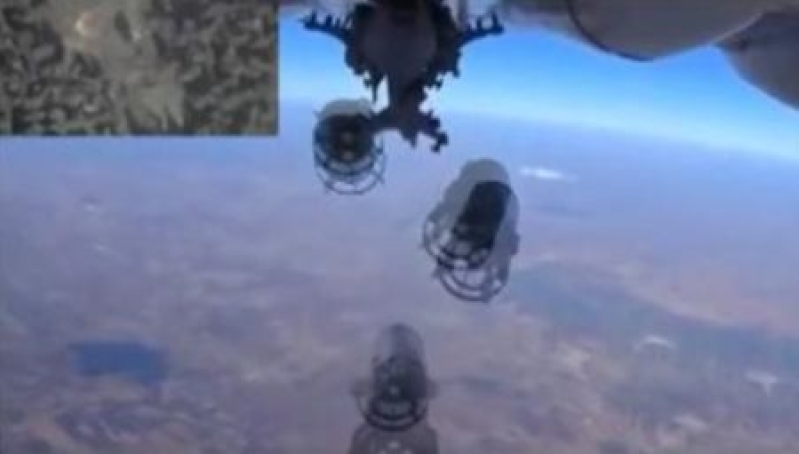
The United States blasted Russia's military strikes in Syria on Thursday, saying they were strengthening Islamic State militants, killing dozens of civilians, forcing tens of thousands more from their homes, and destroying schools and markets.
During a United Nations Security Council meeting on the Middle East, U.S. Ambassador to the United Nations Samantha Power referred to a Reuters analysis of Russian Defense Ministry data that found almost 80 percent of Russia's declared targets in Syria have been in areas not held by Islamic State.
"By attacking non-extremist groups Russia has boosted, perversely, the relative strength of (Islamic State), which has taken advantage of this campaign by seizing new territory in rural Aleppo," Power said.
"Since Russia began its strikes the Syrian map has shifted in (Islamic State's) favor," she said.
The Syrian army, backed by fighters from Iran and Lebanon's Hezbollah, has launched ground offensives against insurgent-held areas of western and northwestern Syria since Russia began air strikes in the country three weeks ago.
Power said that, according to the United Nations, these offensives had forced some 85,000 people to flee their homes. Citing Syrian monitoring groups, she said Russian strikes had killed at least 100 civilians and destroyed civilian infrastructure including schools and markets.
Russia has said it is targeting Islamic State, along with other groups it classifies as Islamist terrorists. It has said Moscow and the West are fighting a common enemy.
"Chaos and anarchy, to a large extent resulting from foreign interference in regional affairs, is being actively exploited by terrorist organizations, first and foremost the so-called Islamic State," Russian U.N. Ambassador Vitaly Churkin told the Security Council.
"Collective approaches are needed to liquidate the terrorist threat," he said.
A U.S.-led coalition began bombing Islamic State targets in Syria and Iraq a year ago. Power said the nearly five-year conflict would only end with the departure of Syrian President Bashar al-Assad.
"Supporting him now only ensures that by the time a political transition is negotiated (Islamic State) will only be stronger, it's recruitment having been bolstered by the actions of Russia, Iran and the regime, and the Syrian state will only be weaker," she said.
(Reporting by Michelle Nichols; Editing by Toni Reinhold)






